In Peru, the banana value chain generates around 410 tons of plastic waste each year, mainly from the bunch covers used to protect the fruit from environmental factors and potential diseases. After these covers can no longer be used, they are discarded, taken to a landfill, or even worse, burned, therefore polluting the environment.
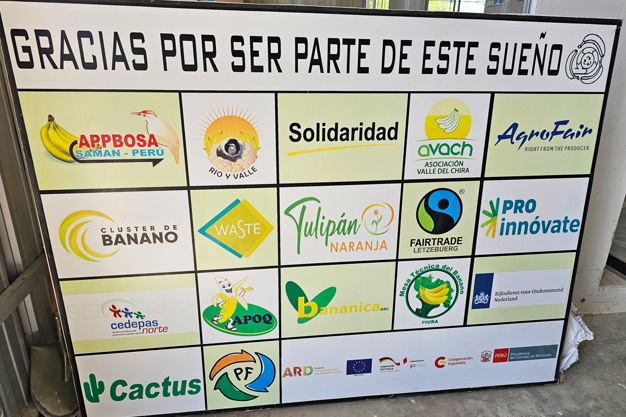
The company Ecoban was founded two years ago due to concerns from various links of the value chain regarding plastic waste. It has aimed to provide a solution by transforming these plastic covers into edge protectors; a useful product that protects banana boxes until they reach their final destination. It is the perfect example of a circular economy.
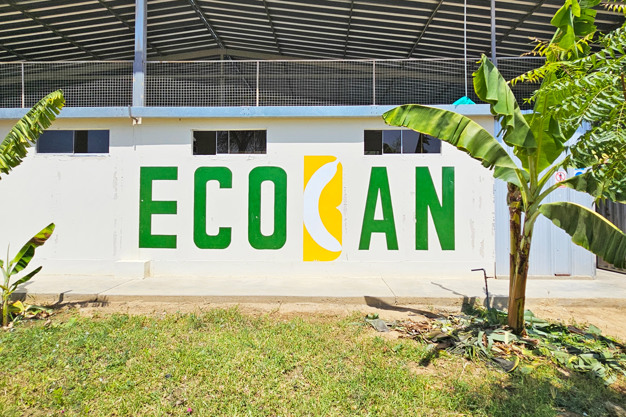
Ecoban was created by Solidaridad, an international non-profit organization with over 50 years of experience in fair and sustainable value chains; AgroFair, a Dutch importer of Fairtrade and organic bananas, and the Organic Banana Cluster of Piura, which brings together associations of small banana producers. "The production plant required an investment of $200,000, collected by the Netherlands Enterprise Agency (RVO), the Government of Peru, AgroFair, and the Banana Cluster," says a representative of Ecoban.
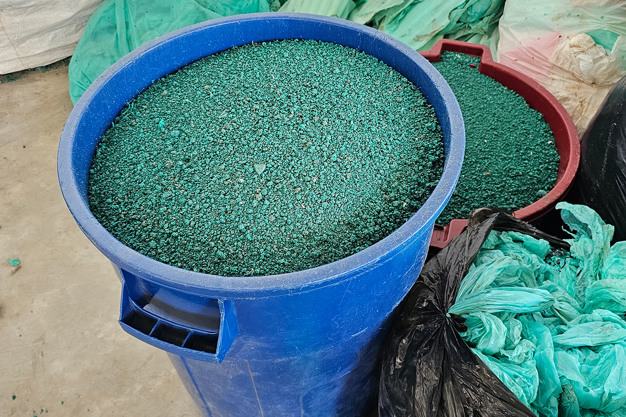
The role model for banana producers in the Chira River Valley, in the department of Piura, has been Recyplast, a Costa Rican company which they visited six years ago. "Two years ago, following a learning process, the plant started producing its first edge protectors. Last year was a complete success, not so much in terms of profit, which is rather small, but in environmental gains, as we managed to clean up a good part of the Valley."
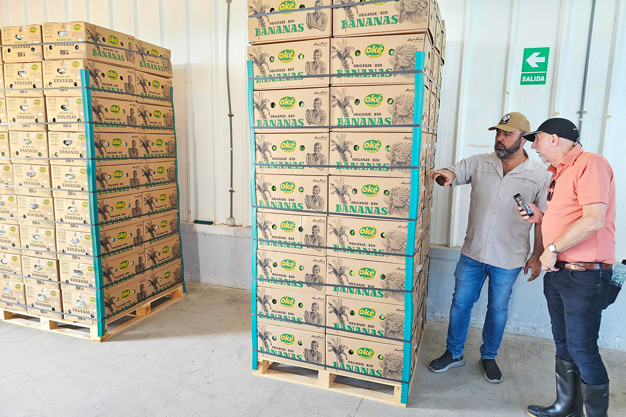
Ecoban currently collects and recycles 30% of the plastics discarded in Peru's banana production. The goal is to educate banana producers, associations and companies and strive to collect 100% of plastic waste within eight years. To achieve this, four processing lines will need to be added to the existing two.
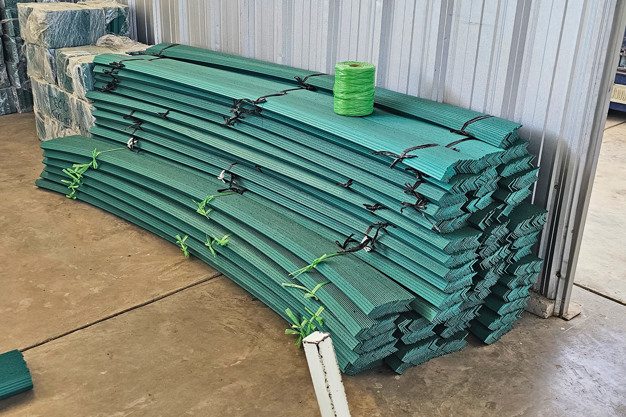
The edge protectors made from plastic waste are sold at a similar or even cheaper price than other edge protectors on the market, and their quality is excellent. Ecoban is currently researching how to mix the plastic from the bunch covers with other discarded plastics from different industries to improve that quality even further.
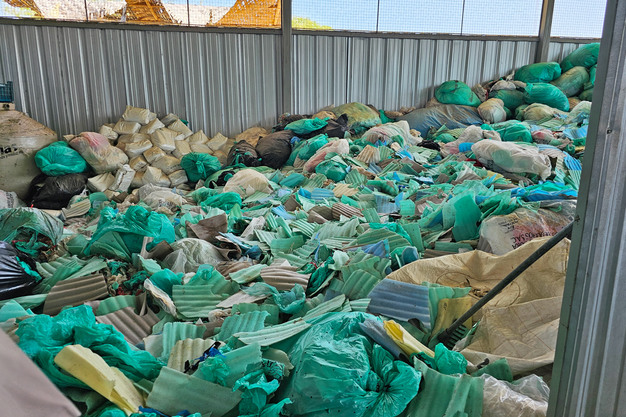
"It is also necessary for the plastic to be collected immediately after its use in cultivation, since the material will quickly deteriorate if left for long under the sun, making it unsuitable for proper recycling use," says the representative from Ecoban.
Currently, the plant is financially self-sustainable, as it makes a profit through its own sales. "About 35 kilos of plastic protective covers are used for the amount of bananas that fit in a container. These are then transformed into 70 edge protectors, just 10 units less than the 80 edge protectors needed to protect the banana boxes inside a container."
